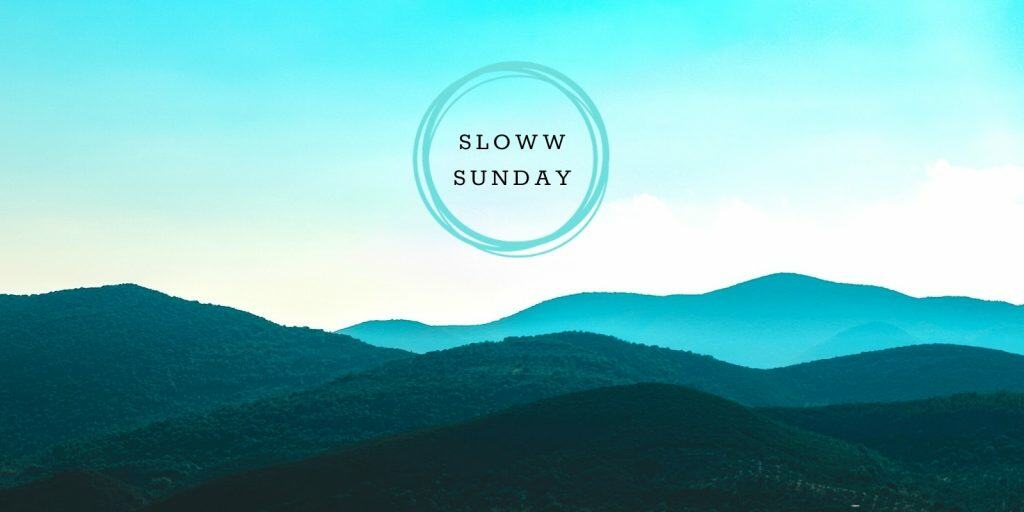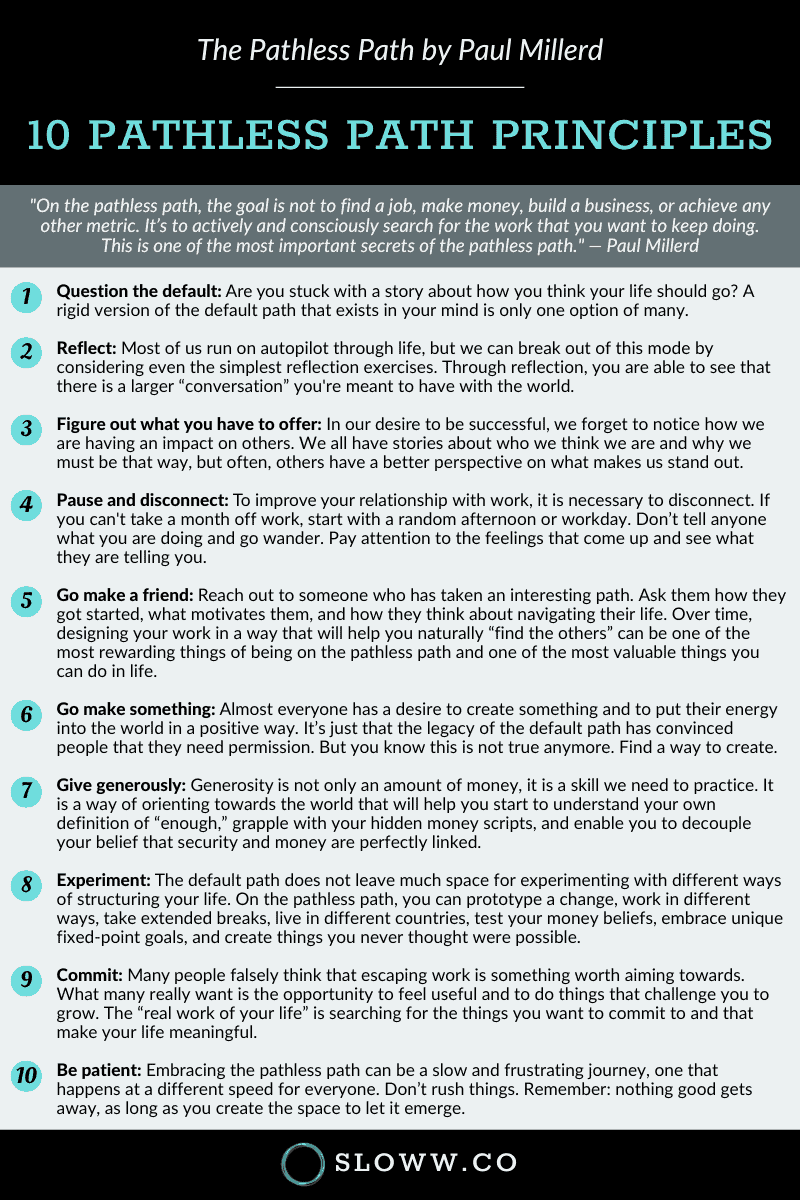Sign up to get the Sloww Sunday newsletter via email for free:👇

Sloww Sunday Newsletter 135 (Mar 5, 2023) — How to Read, Pathless Paths, Good Arguments, & More
Sloww Sunday shares creations from Sloww along with curations of fascinating finds to 10,000+ students of life. If you enjoy this issue, please help grow Sloww by forwarding the email version of this newsletter to other lifelong learners.
📚 Lifelong Learning
How to Read a Book
I’m revisiting the classic guide How to Read a Book (Book Summary). Below are two of my favorite ideas from the book that I think about all the time.
1. Coming to Terms: Reading across many books and authors is largely an exercise in translation. If an author uses a word in one meaning, and the reader reads it in another, words have passed between them, but they have not come to terms. The author and the reader must use the same words with the same meanings to come to terms. So, it’s up to the reader to establish terms and bring the authors to them (not the other way around). You come to terms by constructing a neutral terminology of a subject that multiple different authors can be interpreted with (whether they actually use the words or not).
2. Dialectical Detachment (or Dialectical Objectivity): When you are reading, you should look at all sides and take no sides. Dialectical detachment/objectivity should be maintained throughout all reading. One way to insure this is always to accompany an interpretation of an author’s views on an issue with an actual quotation from their text.
Premium companion post: The most practical and actionable summary of How to Read a Book—including details on how to skim, how to take notes, and more: 🔒How to Read Intelligently with “How to Read a Book” by Mortimer Adler (+ Infographics)
🌎 Lighter Living
Money Minds & American Dreams
I just came across a quote from Daniel Kahneman:
- “The importance that people attached to income at age 18 also anticipated their satisfaction with their income as adults.” — Daniel Kahneman
Is that true for you? It is for me (for the most part). And, it seems to align with Morgan Housel’s The Psychology of Money (Book Summary + Infographic):
- “All of us go through life anchored to a set of views about how money works that vary wildly from person to person … People’s lifetime investment decisions are heavily anchored to the experiences they had in their own generation—especially experiences early in their adult life … The economists wrote: ‘Our findings suggest that individual investors’ willingness to bear risk depends on personal history.’ Not intelligence, or education, or sophistication. Just the dumb luck of when and where you were born.” — Morgan Housel
Ok, so your views on money (aka your money mind) come from the economic situation of the time period you were born into, where you were born, and how you were raised about money—and they are largely set pretty early in life. Is this yet another example of the lottery of birth at play? Apparently so:
- “Your circumstances at birth—specifically, what your parents do for a living—are an even bigger factor in how far you get in life than we had previously realized.” — Michael Hout, Professor of Sociology at New York University
Another research report says, “Socioeconomic outcomes reflect socioeconomic origins to an extent that is difficult to reconcile with talk of opportunity.” Not only does the belief of the American Dream not match reality, but many are trading their leisure time for more work in pursuit of the myth: Is the American Dream Waking Up? The Truth about Social Mobility in the US.
Explore more: How do I design a lighter life? (Sloww Stage 1)
🧭 Deeper Purpose
The Pathless Path
I mentioned above that I went on Paul Millerd’s podcast this week, but I also finished his book by the same name: The Pathless Path (Book Summary). I thought it was a good read (and I got a footnote in the book), but I had even more fun directly comparing my own journey to his personal story. Here are some highlights (Twitter thread), but Premium members can see 100+ points of comparison in extreme detail: 🔒Behind the Scenes: How my Personal Journey compares to “The Pathless Path” by Paul Millerd

Explore more: How do I find higher purpose (Sloww Stage 2)?
Get the eBook: Ikigai 2.0: A Step-by-Step Guidebook to Finding Life Purpose & Making Money Meaningfully (+ Bonus Workbook)
🧠 Mental Wealth
How to build Good Arguments
I’ve been thinking about this more lately. I dedicated an entire module of Mini Mind to arguments—which covers fallacies and faulty reasoning (essentially bad arguments). However, I want to go even deeper into what it means to build good arguments. I saw there’s a new book out called Good Arguments by debate world champ Bo Seo that I plan to read at some point (he also has a bunch of videos on YouTube). Do you have any favorite books/resources on building strong arguments? Please reply to this email and let me know.
Explore more: How do I master the mind (Sloww Stage 3)?
Get Mini Mind: 365 Daily Emails of Bite-Size Brain Food
☯️ Timeless Wisdom
The Ovarian Lottery Thought Experiment
If you are new to the lottery of birth (Public Summary | 🔒Premium Synthesis), just start with this thought experiment popularized by Warren Buffett: the ovarian lottery. Or, skip the post and just read this infographic:

Explore more: How do I embody wisdom (Sloww Stage 4)?
Share: Sloww Sunday currently sends to 10,000+ students of life each week. If you enjoyed this issue, please help grow Sloww by forwarding the email version of this newsletter to some friends and family. It’s free for them to subscribe here.
Support: Sloww is a one-human labor of love (it’s just me over here 👋). Your support keeps the site ad-free and invests in me while you invest in yourself—a true win-win! There are free and financial ways to support.
Speak: Have something you want to say, or just want to say hi? It’s always greatly appreciated. Just reply to this email or reach out socially.
Go with the Sloww,
Kyle Kowalski
Synthesizer & Solopreneur




